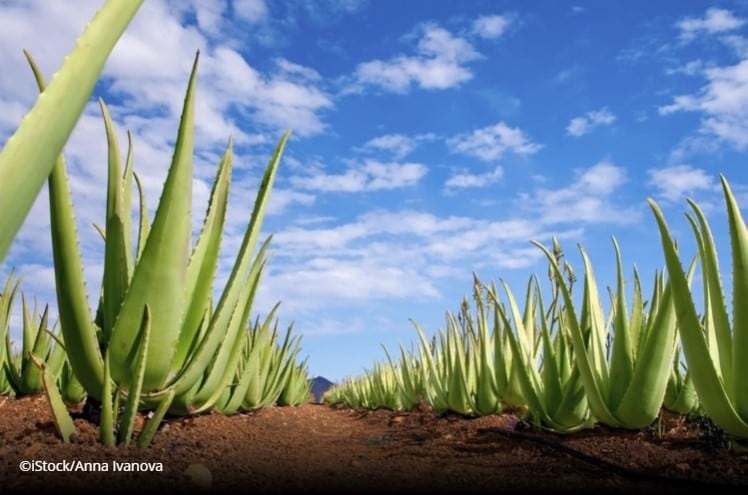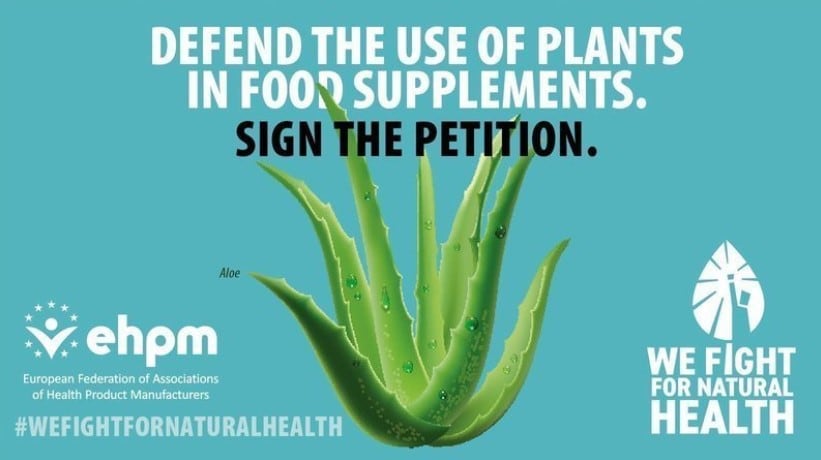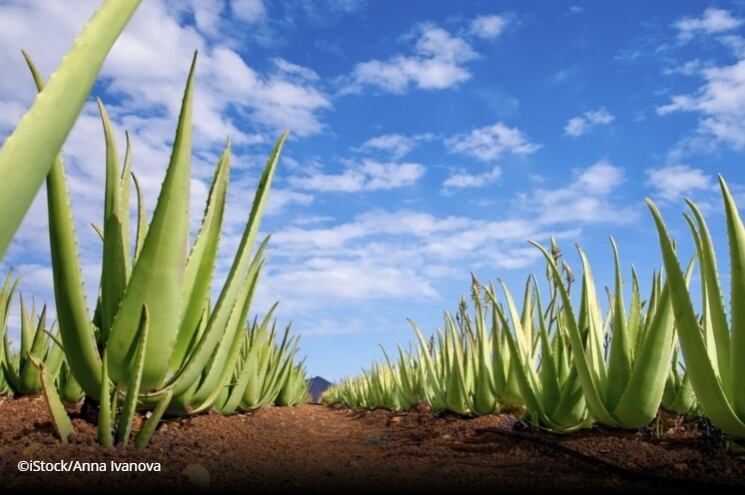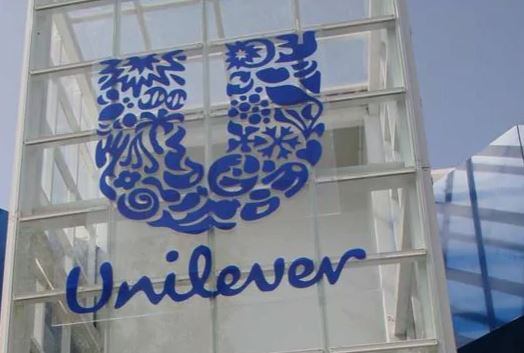Writing in the EC’s Official Journal of the European Union, the publication quotes a 2017 scientific opinion in which certain HADs were either genotoxic in vitro or in vivo.
These derivatives include the HADs aloe-emodin and emodin and the structurally related substance danthron as well as Aloe barbadensis Miller leaves and/or various Aloe species, mainly Aloe ferox Miller and its hybrids.
“Considering the severe harmful effects on health associated with the use of aloe-emodin, emodin, danthron and aloe extracts containing hydroxyanthracene derivatives in food, and that no daily intake of hydroxyanthracene derivatives that does not give rise to concerns for human health could be set, such substances should be prohibited,” the ruling states.
“Therefore, aloe-emodin, emodin, danthron and aloe preparations containing hydroxyanthracene derivatives should be included in Annex III, Part A of Regulation (EC) No 1925/2006.”
Assessing the data
News of the impending regulation, which is set enter into application on 7 April, has set off objections amongst the nutrition and nutricosmetic industry, who pointed at the lack of time given to authorities to assess the data submitted in support of the EC’s decision.
“Our goal is to allow scientific authorities to benefit from more time to assess the safety of these plants,” said the European Federation of Associations of Health Product Manufacturers (EHPM).
“The EHPM calls for producers to be given more time to be able to demonstrate the safety of their products and for EFSA to have time to assess recent scientific publications.
“Consequently, we ask MEPs and European citizens to sign this petition in order to call on the European Commission to modify its proposal by allowing time for a better assessment of the safety of the Aloe.
The EHPM’s concerns also extend to plants such as senna, cascara and rhubarb, which may face further scrutiny due to their roles in improving intestinal function.
In addition, the EC’s approval of the regulation, could remove an entire category of food supplements beneficial for proper bowel function.
“How this new regulation will be enforced is at the moment not completely clear,” explains food and supplement regulation expert Joris Geelen.
“Any stakeholder in the food chain from growers to FBO’s that sell products with plants that contain anthranoids, and especially Aloe, will need to test the raw material or final products and verify if it will comply with this new regulation.
‘Partially taken into consideration’
“The stakeholders were consulted, and they submitted pertinent comments on the EFSA opinion on safety of these botanicals,” he adds.
“In the end these comments were only partially taken into consideration. I think it will be hard to gather more scientific information to change this decision. Appealing this decision would have to be before the European Court of Justice.”
Geelen, the Managing Director of Food Law Consult, a Belgium-based regulatory consultancy, points out details of the regulation that states aloe extracts are to be prohibited except those added as flavouring, colouring, or the level of HADs is below one part per million (ppm).
“Prohibiting botanicals by adding them to part A does not allow for specifying a maximum level as is possible for part B. It remains unclear what would be considered “presence”.
“The meeting of the Standing Committee on Plants, Animals, Food and Feed Section General Food Law of October 5th, 2020, the Commission stressed a level of 1ppm for aloe-emodin/emodin and the level of 1ppm for the sum of aloin A and aloin B are for the time being the lowest levels that can be put forward as limits of quantification in an EU harmonised risk management approach.
“Whilst the Regulation 1925/2006/EC on Fortification is not applicable to flavourings, for colouring foodstuffs the level of HADs would also have to be below 1 ppm.”
Treated aloe extracts
Further regulatory grey areas extend to an absence of guidance explaining how aloe extracts that have been processed/treated to remove these HADs are classed or can be used.
“How this new regulation will be enforced is at the moment not completely clear, as there are no specific recommended analytical methods,” explains Geelen.
“However, I do expect further instructions or guidelines on national level. The Belgian authorities published a list with recommended analytical methods. For Aloe the method of the European Pharmacopoeia is mentioned.”
Belgium has had clear and pragmatic regulation of botanicals concerning anthranoids. For Aloe species a maximum of 14 milligrams (mg) of anthranoids are authorised in food supplements
Additional requirements here include the submission of analytical reports and mandatory warnings on the label.
For Rheum even 25mg anthranoids has been allowed for more than 15 years based on solid scientific evaluation of the Advisory Commission on Botanicals.
On a more European-wide spectrum, there remains a Novel Food authorisation of an Aloe macroclada leaf extract of the gel.




